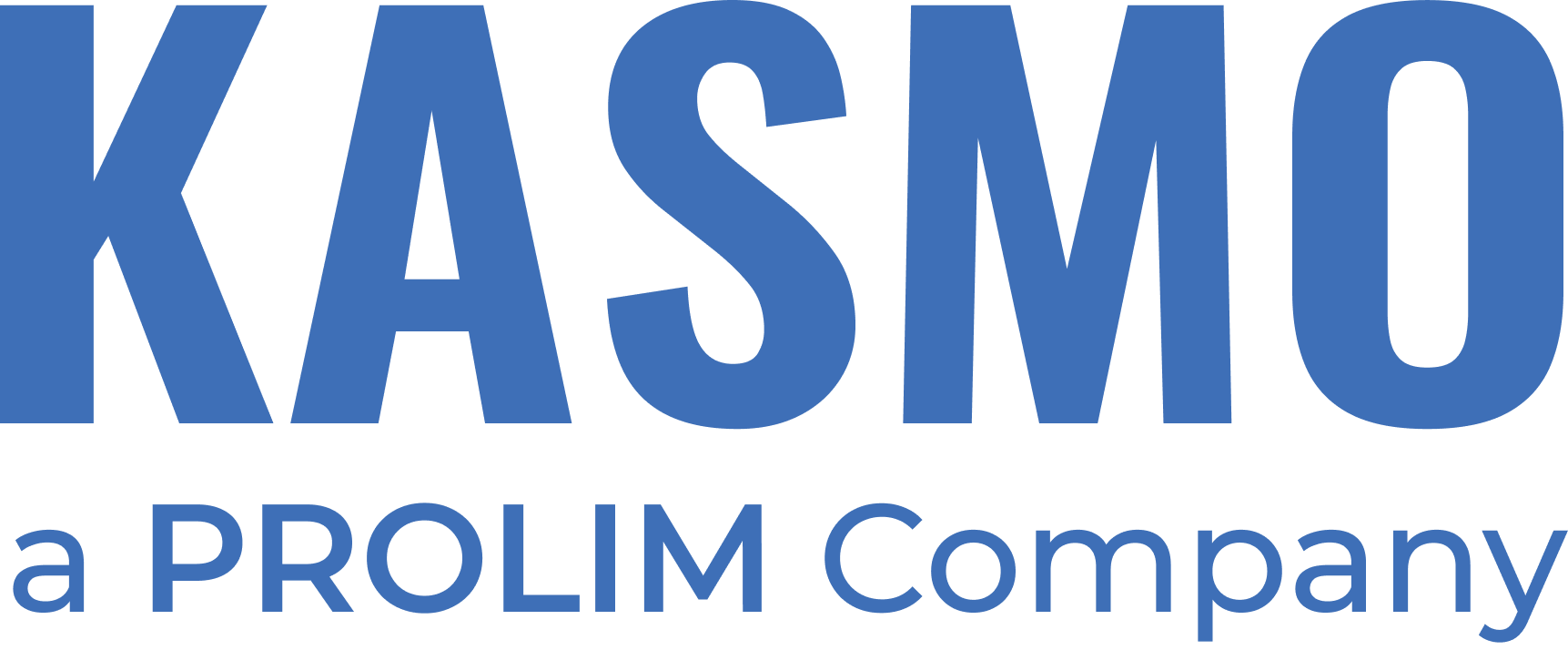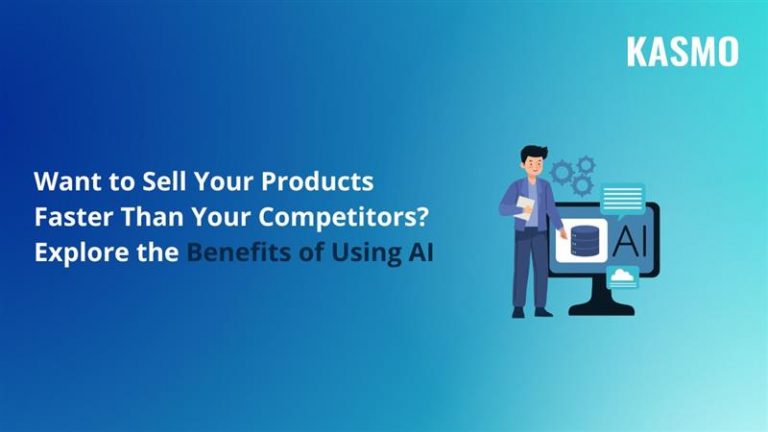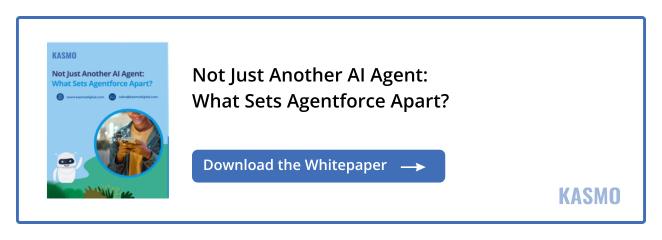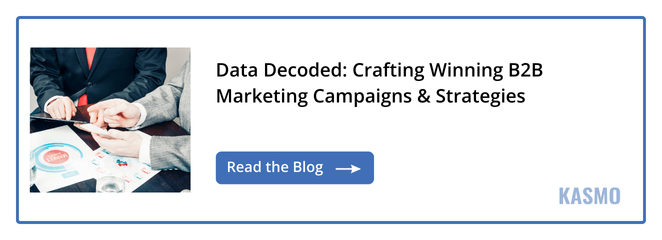Why Do You Need to Use AI in Consumer Goods Industry?
The growth of the consumer goods industry is not flourishing as consumer demands and market conditions continue to change. Consumers prefer to get good quality products, but they don’t want to spend too much due to rising inflation. Disruptions in the global supply chain, drastic climate change and geopolitical situations have made it difficult for consumer goods manufacturers and suppliers to maintain a stable supply chain. These disruptions are increasing the price of raw materials, labor shortages and customer dissatisfaction. To help consumer goods industry overcome these challenges, many business leaders are leveraging AI.
AI is empowering businesses to do more with less, unlocking new levels of efficiency, agility, and customer satisfaction. Whether you’re in sales, marketing, logistics, or service, AI has something new to offer. The positive aspect of AI empowers consumer goods industry leaders to navigate challenges and leverage AI-powered tools to not only increase the efficiency of your employees but also predict future disruptions in supply chain. The goal? To stay competitive, tackle challenges proactively, improve profit margins, and meet increasing consumer expectations.
Operations in the consumer goods companies are often slowed down by manual processes, data silos, and reactive customer service models. With shrinking profit margins and rising pressure to innovate quickly, companies need solutions that offer speed, scale, and strategic insights.
Due to inflation, consumers are constantly trying to replace products that are cheaper, cost-effective and better quality. They are highly protective of their data and always prefer to know the company better before they commit to any loyalty program. This increases the gap between the brand and the consumers. To communicate effectively with consumers, AI can help business leaders bridge this gap. By deploying AI agents, chatbots and other AI-powered tools, consumer goods companies can not only reach their target customers but also expand their customer base. With a pool of data at their repository, consumer goods companies can identify customer demand patterns, market trends and analyze their competition effectively.
However, this overwhelming amount of data also creates additional challenges to the consumer goods business. Many businesses still lack the necessary tools to analyze customer data and make strategic decisions. But with AI and AI-powered tools like AI Agents, businesses can extract actionable insights from vast data pools. For instance, employees spend countless hours analyzing spreadsheets. But with AI agents, employees can easily identify market trends, opportunities, and highlight customer preferences in seconds.
Among the many benefits of using AI, workflow improvement and streamlining operations are two of the most sought-after goals by business leaders. AI can help your sales teams gain predictive insights to guide negotiations; marketers can automate content creation and campaign delivery, and customer support teams can resolve issues faster with AI-powered chatbots.
Ways Businesses Can Use AI in the Consumer Goods Industry
AI is reshaping every corner of the consumer goods industry by enhancing operational efficiency, streamlining decision-making, and personalizing the customer journey. Here are some ways leaders can use AI in consumer goods companies to build smarter workflows, boost sales, and strengthen customer relationships:
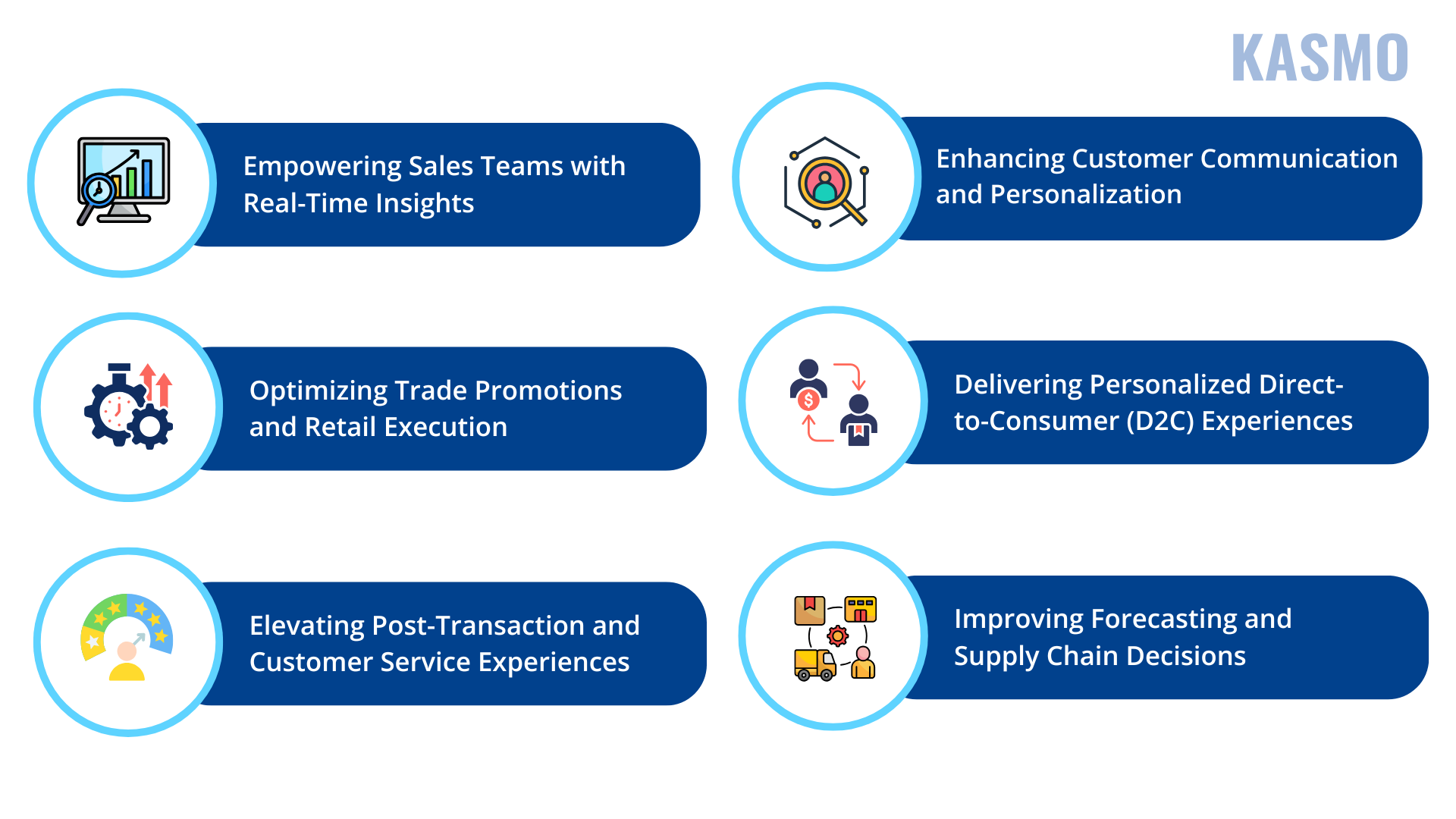 Empowering Sales Teams with Real-Time Insights
Empowering Sales Teams with Real-Time Insights
AI equips sales representatives with AI-driven insights that go beyond answering basic customer queries. By analyzing real-time data, sales reps can understand customer behavior, predict needs, and proactively offer solutions. For instance, if a client modifies the timing of a beverage shipment, AI can flag upcoming events—like a local festival—and suggest increasing order volume or including best-selling complementary products. This level of personalization helps sales reps move from reactive to strategic selling, leading to improved sales outcomes.
Enhancing Customer Communication and Personalization
Consumers today expect relevant, tailored experiences—and AI makes this possible at a scale. Traditional personalization methods are often slow and labor-intensive, but AI accelerates the process by combining customer intent, behavioral patterns, and business priorities. By mapping customers to the right communication channels and content, AI ensures your messaging is timely and effective. Whether it’s through targeted promotions or personalized email campaigns, AI helps increase engagement and conversion rates.
Optimizing Trade Promotions
Key Account Managers (KAMs) often spend their significant time on administrative tasks like filling out forms, seeking approvals, and updating trade plans. With AI, these processes become streamlined.
AI helps KAMs to:
- Automate promotion planning and performance tracking
- Identify what promotions are working and suggest redeploying funds accordingly
- Integrate in-store and digital campaigns to help businesses better sell products.
Delivering Personalized Direct-to-Consumer (D2C) Experiences
In the D2C business model, AI transforms how customers discover and shop for products. For example: A skincare company using AI empowers consumers to upload a photo, and the system instantly analyzes skin conditions to recommend suitable products. These recommendations can then be added to a cart and purchased—all within seconds. This personalized, frictionless journey not only improves satisfaction but also encourages repeat business and brand loyalty.
Creating Operational Efficiencies in Marketing
Marketing teams benefit immensely from AI, particularly generative AI tools that can:
- Instantly generate email copy, subject lines, and visuals
- Create multiple content variations for A/B testing
- Translate content into various languages while maintaining brand voice
Moreover, AI-powered analytics help marketers understand optimal send times, audience preferences, and what triggers maximum customer engagement. This means faster campaign rollouts, better performance tracking, and helps businesses stay agile.
Elevating Post-Transaction and Customer Service Experiences
Consumer goods industry leaders can customize AI agents to provide post-purchase customer service. Tools like AI chatbots can quickly answer FAQs (e.g., “Where’s my order?”), reducing the burden on human agents. These AI Agents help businesses summarize calls, flag important insights, and suggest the next steps to customer service professionals—speeding up issue resolution and enhancing the customer experience. This not only improves service delivery but also helps customer service teams manage rising volumes of customer demands without compromising on quality.
Improving Forecasting and Supply Chain Decisions
AI agents can help industry leaders get accurate demand forecasting and optimize supply chain management. Machine learning models can predict product demands based on seasonality, consumer trends, and historical sales—helping reduce overstock or stockouts. This ensures better inventory planning, fewer roadblocks in logistics, and improved profitability.
Benefits of Using AI in the Consumer Goods Industry
The adoption of AI brings numerous advantages that directly impact employee performance, profitability, and customer loyalty. Let’s explore the benefits of using AI:
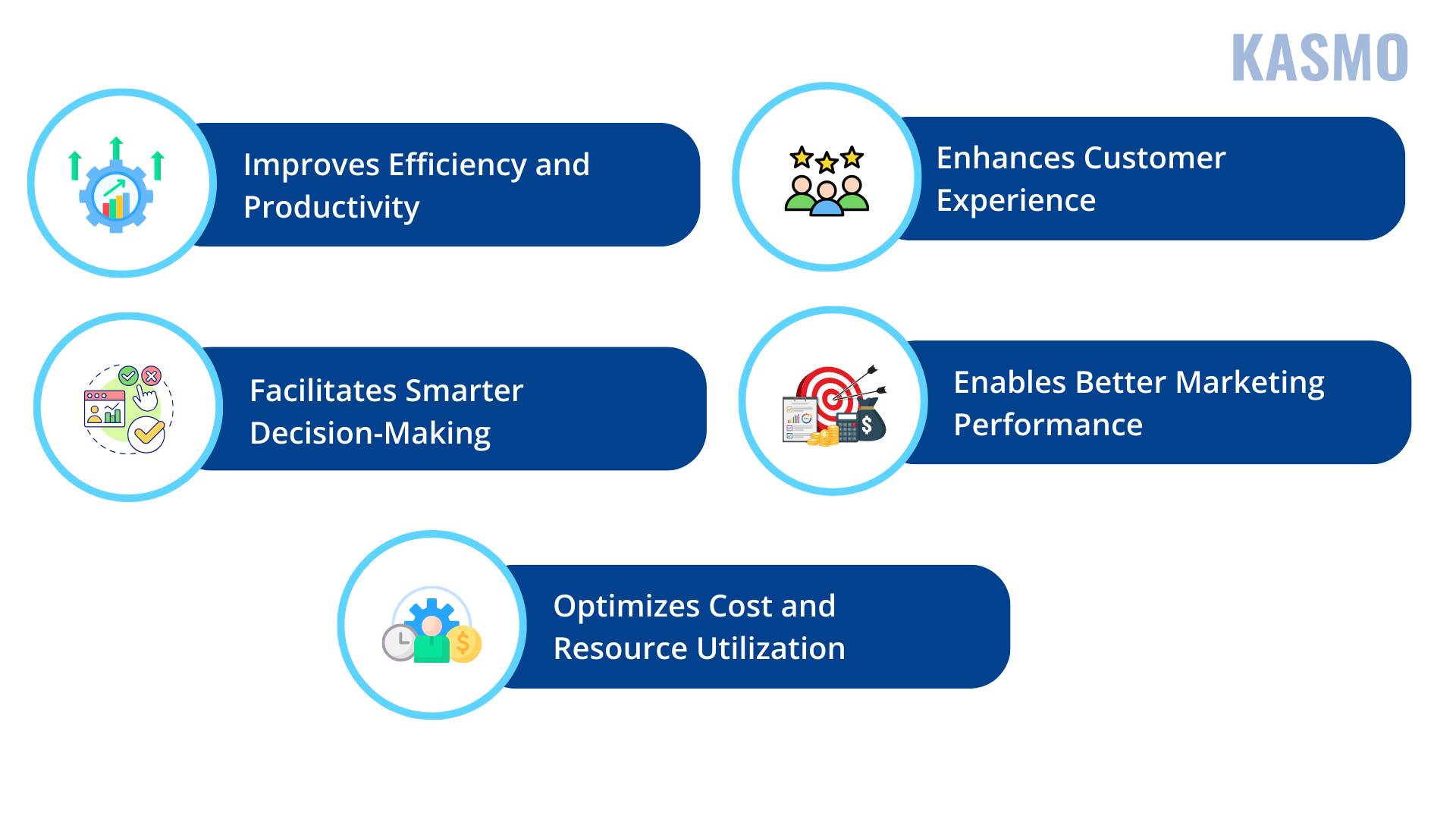 Improves Efficiency and Productivity
Improves Efficiency and Productivity
AI takes on repetitive tasks—data entry, performance tracking, product tagging—so employees can focus on strategic work. This leads to faster execution, fewer errors, and a more agile workforce.
Enhances Customer Experience
By analyzing customer behavior and preferences, AI-powered tools deliver personalized recommendations, proactive service, and relevant content. This strengthens relationships and makes customers feel understood.
Facilitates Smarter Decision-Making
AI offers real-time, data-driven insights. Leaders can make informed decisions based on predictive models, historical trends, and machine learning—reducing guesswork and improving business outcomes.
Enables Better Marketing Performance
AI enables precise audience targeting, automated campaign optimization, and real-time analytics, resulting in higher engagement, better ROI, and an increase in revenue. These outcomes show the growing importance of leveraging AI in the consumer goods industry.
Optimizes Cost and Resource Utilization
AI helps businesses reduce operational costs by optimizing resource allocation, minimizing waste, and automating routine workflows. Additionally, AI also empowers businesses to reduce costs and invest more in areas where they can gain a higher profit margin.
How Agentforce Transforms the Future of Consumer Goods Industry
Salesforce Agentforce’s AI Agents can be customized for the consumer goods and FMCG businesses to meet their unique operational needs. Here’s why you need to leverage Agentforce:
- Smart Planning and Forecasting: Agentforce leverages AI to create highly accurate demand forecasts and trade promotion plans, enabling better budget utilization and sales outcomes.
- Sales Enablement Tools: Field reps and account managers get access to real-time insights on customer preferences, enabling smarter, more effective sales conversations.
- Unified Omnichannel Experiences: By integrating in-store and online data, Agentforce ensures consistent messaging and seamless transitions across touchpoints—which is critical for businesses operating through multi-channels.
- Automated Insights and Reporting: Forget spending hours on creating detailed reports manually. You can customize Agentforce to deliver automated summaries of sales reports or detailed insights, identify areas for improvement, and even suggest actions businesses can take to earn high revenue.
By embracing tools like Agentforce, companies can take actionable steps toward shaping the future of consumer goods industry—one where AI is not just a tool, but a strategic partner.
Conclusion
The benefits of using AI in the consumer goods industry are huge and transformative. From better operational efficiency to creating more compelling customer experiences, AI offers businesses the tools they need to grow in a competitive market.
As we move forward, AI will become more capable, more intelligent, and more deeply embedded in business operations. Companies that recognize and act on this opportunity will not only just stay ahead of their competitors—but also establish themselves as industry leaders. Now is the time to explore your options, align your marketing strategies, and invest in AI solutions that will fuel sustainable growth and innovation.
